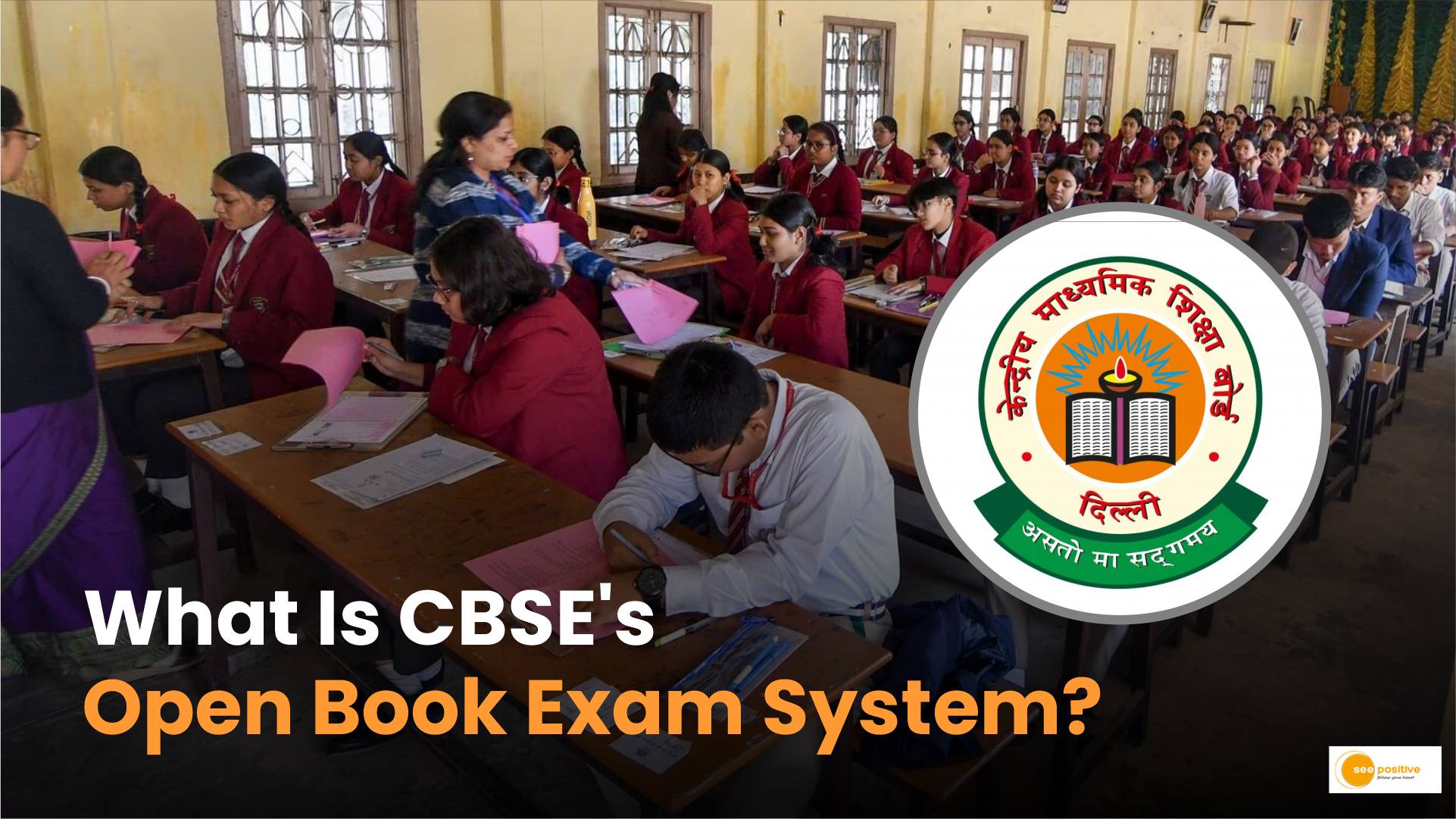Exams have long been a source of anxiety for students, conjuring images of late-night cramming, sweaty palms, and racing hearts. The Central Board of Secondary Education (CBSE) recognizes this fear and aims to transform the examination landscape. Enter the Open Book Examination (OBE)—a novel approach that promises to revolutionize how students are assessed.
What Is the Open Book Exam System?
An open book exam is a departure from the traditional closed-book format. In an OBE, students are allowed to consult their textbooks, class notes, or other reference materials during the examination. Unlike conventional exams, where students rely solely on memory and understanding, open book exams focus on assessing higher-order skills. Consequently, students are encouraged to critically analyze and synthesize information from various sources to demonstrate their comprehension and problem-solving abilities.
- Application of Concepts: Instead of rote memorization, OBEs gauge a student’s ability to apply theoretical knowledge to practical scenarios.
- Analysis and Synthesis: Students must analyze information, draw connections, and synthesize ideas using available resources.
- Critical Thinking: Complex questions encourage critical thinking, as students delve into deeper understanding rather than regurgitating facts.
Why Has CBSE Assented To This Concept?
Many large-scale adjustments are proposed to improve the school education system. Competency-based learning is one of the fundamental improvements proposed in the National Education Policy 2020. This indicates that the goal of such changes is to replace rote learning with a thorough knowledge of the concepts, allowing students to apply them in the actual world.
How Will CBSE’s Open Book Exam Concept Work?
The CBSE proposes to introduce open book exams for students in classes 9 to 12 across six subjects. Here’s how it may work:
- Pilot Project: Initially, the OBE plan will be implemented as a pilot project in select schools. The trial run will occur between November and December this year.
- Subject Selection: The pilot will cover subjects such as mathematics, English, and science for classes 9 and 10, and English, mathematics, and biology for classes 11 and 12.
- Resource Accessibility: During the exam, students can refer to their textbooks, notes, and other study materials. This shift acknowledges that real-world problem-solving often involves consulting references.
- Complex Questions: OBE questions are designed to be more intricate. They require higher-order thinking skills, such as critical analysis and synthesis. Students must apply concepts rather than merely recall them.
- Emphasis on Understanding: The focus shifts from rote memorization to understanding and practical application. Students learn to navigate information, evaluate options, and arrive at informed conclusions.
International Perspectives on Open Book Exams
While the CBSE is introducing OBEs at the secondary level, this concept has been prevalent in higher education globally:
- Ivy League Universities: Institutions like Harvard and Yale incorporate open book elements in their assessments. These universities recognize that real-world professionals often have access to resources while solving complex problems.
- Finland and Singapore: These countries integrate open book components into their education systems. Their aim is to assess deeper understanding and practical application of knowledge.
Suitability of Open Book Exams
Certain subjects lend themselves well to OBEs:
- Humanities and Social Studies: Analyzing historical events, philosophical arguments, or real-life scenarios benefits from resource access.
- Senior Secondary Business Studies: Practical application of business concepts aligns with the OBE approach.
Positive Takeaway
CBSE’s open book exam concept represents a shift towards holistic assessment. By embracing resource availability and emphasizing critical thinking, it prepares students for a world where knowledge is readily accessible. As the pilot unfolds, we eagerly await its impact on learning outcomes and student confidence.


